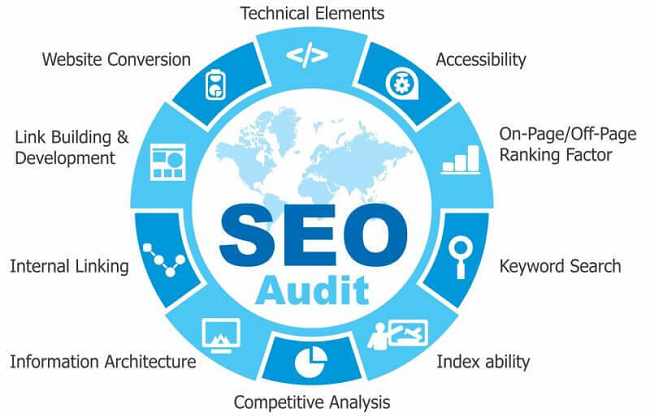Search engine optimisation is the process of optimising content so that search engines can read it more clearly. Search engines can understand what they’re looking at, cache it, and then use it as a result when someone makes a search query. The more optimised the content is, the more value a search engine will find it in, and the better it will appear on search engine results pages. This will also make particular websites more visible online, meaning more searchers can find the website and interact with it. This boosts engagement and can build a relationship with consumers, while at the same time resulting in more sales too.
Unfortunately, over time, SEO tactics evolve. This can be because specific tactics are being overused or misused, so they develop differently. It could also be because a search engine has changed its algorithm and particular tactics are not compatible. This isn’t to say older tactics don’t work; it just means they don’t work as effectively as before. As a result of this, a website might start to drop in page ranks and become less visible to consumers. This is not desirable at all. To keep up to date with current trends and marketing tips, an SEO audit often needs to be done to see what’s working and what can be improved.
An audit takes a look at all of the SEO elements a website has in place. Essentially, an audit is like a screenshot of current tactics used and shows the current state of SEO. It provides all the info a business would need when determining what’s working and what’s not. As every website is different, these practices can vary, so what may be successful in one audit may not be successful in another. Audits are not essential, although they are advised in most instances. If a website has experienced a loss of traffic, poorly implemented SEO or lost rankings, an audit may be needed. An audit may also be needed if SEO has been outsourced, but there have been no visible results.

There are many ways to use SEO; it’s not just about the content, although that is incredibly important. SEO also considers user experience, how fast or slow a website is, web design, backlinks, keywords, and so much more. A good combination of these tools is what makes for a successful SEO strategy. If just one element of a strategy isn’t working, it could disrupt the entire strategy. This already is a lot to consider, and when just reviewing SEO performance, certain elements can get left out of the reviewing process. On the other hand, auditors will take all of this into consideration, providing a great overall picture.
Although SEO is designed to improve organic traffic on site, some of the methods used to boost that organic traffic need to be paid for. Whether it’s outsourcing to an agency, an ongoing fee for analytics tools, or anything else, these still cost money. As an SEO audit can pinpoint the good and the not so good, a business can stop spending money where it’s not working. This can ultimately save money, which can then be reinvested into other SEO or marketing channels. Plus, no one wants to be spending money on things that have no benefit.
Overall, audits are not an essential part of website maintenance. However, if a business wants to improve their online visibility and maintain that visibility, audits are advised. They are incredibly practical and can help a website in many ways. They should be seriously considered if a website feels they are losing consumers and losing value. Amongst other website maintenance tactics, an audit can have a significant impact an SEO strategy, so they are well worth the time

